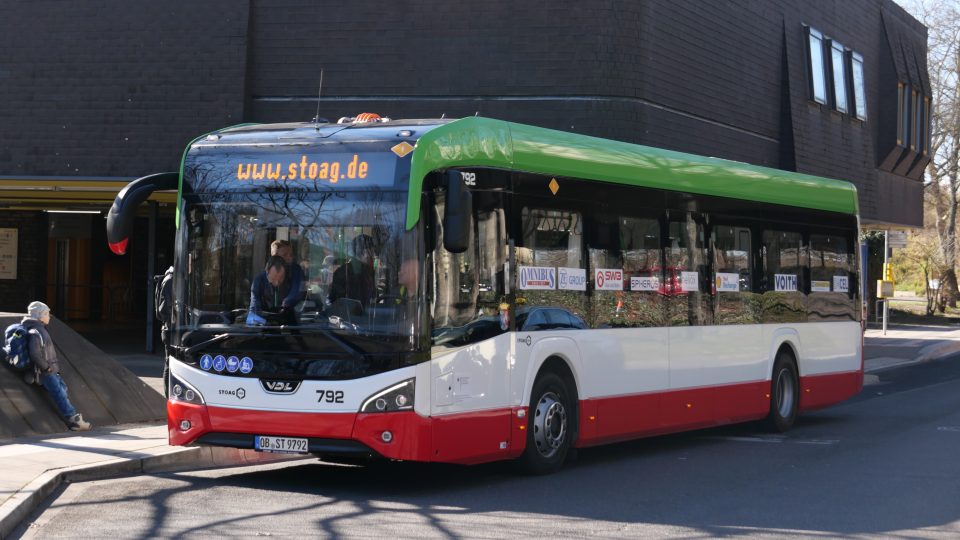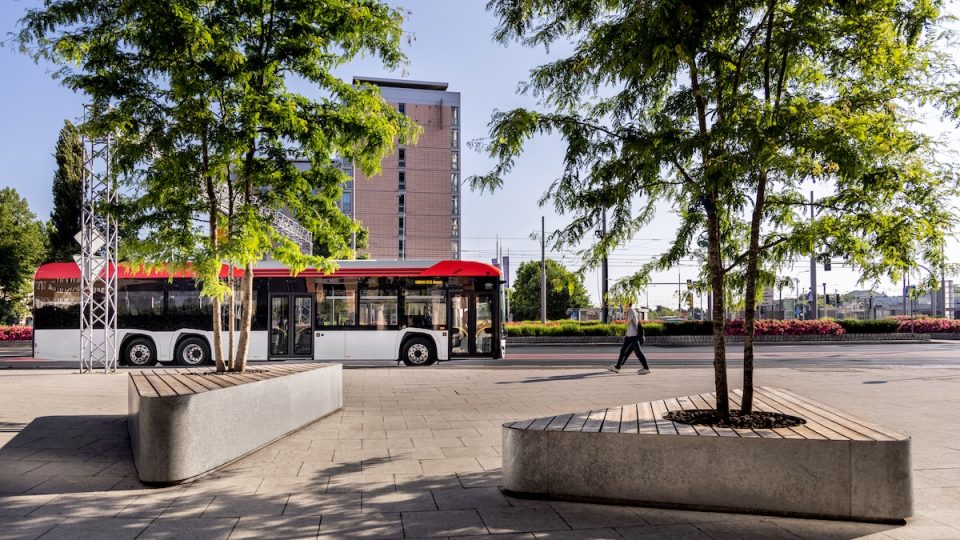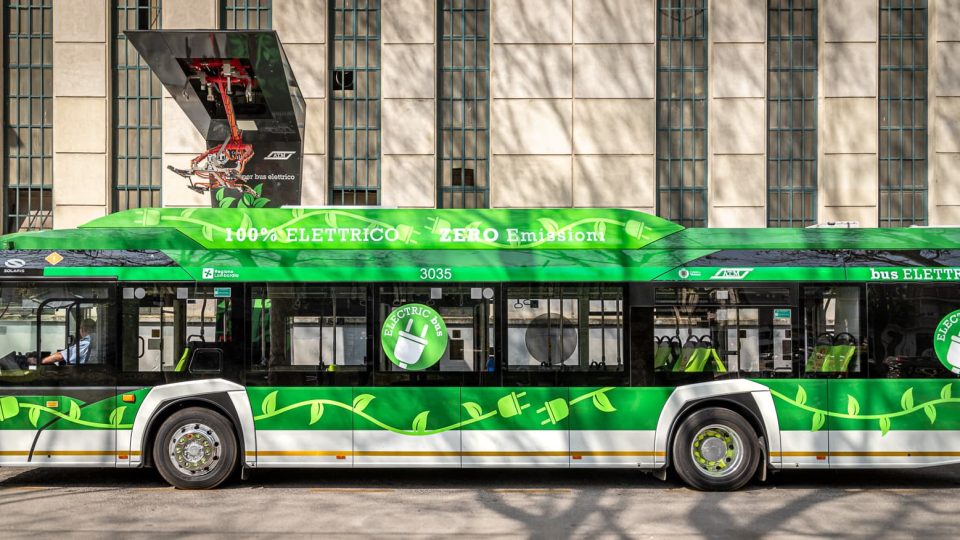Egypt-based MCV aims at German market with electric bus model (specs available!)
by omnibus.news / Rüdiger Schreiber Manufacturing Commercial Vehicles (MCV) from Egypt announces a BEV electric bus developed specifically for the German market. A subsidiary, MCV Deutschland GmbH, was founded for sales, after-sales and service. The news was initially announced in December 2022. MCV electric bus Germany The German MCV subsidiary focuses on the sales and […]
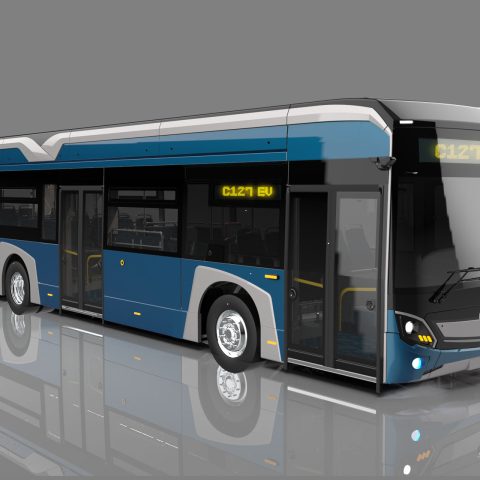
by omnibus.news / Rüdiger Schreiber
Manufacturing Commercial Vehicles (MCV) from Egypt announces a BEV electric bus developed specifically for the German market. A subsidiary, MCV Deutschland GmbH, was founded for sales, after-sales and service. The news was initially announced in December 2022.
MCV electric bus Germany
The German MCV subsidiary focuses on the sales and maintenance of city and intercity buses with electric drive (battery and fuel cell), as Jochen Grau, who is responsible for marketing, explains.
As early as March, the presentation of an integral, fully electric 12m long low-floor bus for the German market is to take place at the location in Meschede. First details were already available in advance: no chassis structure, the BEV basis used by MCV, for example Volvo Bus for the market in Great Britain, would not be used. The electric bus has been completely redeveloped for the German market as an independent product.
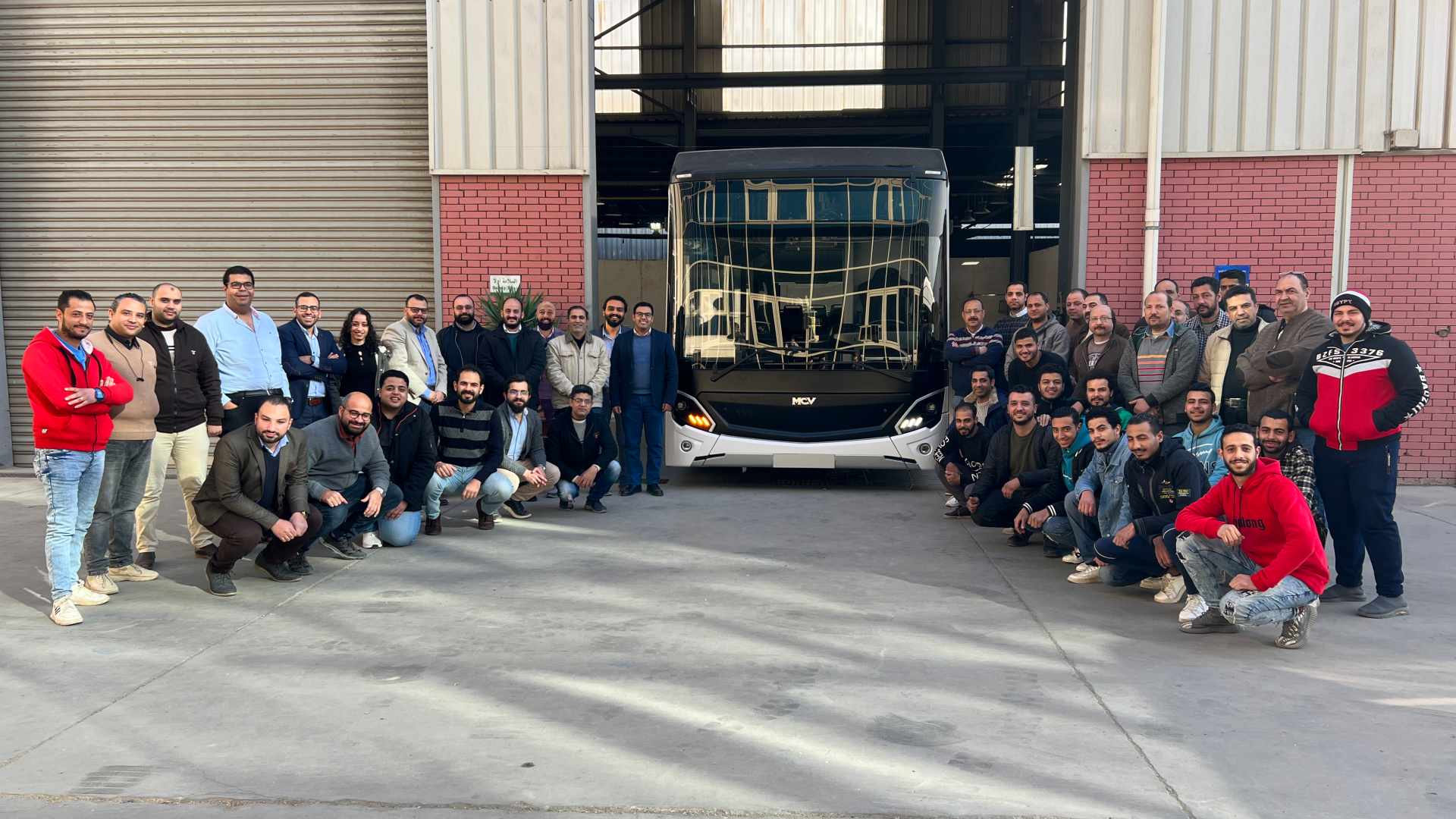
Forsee Power and Actia among suppliers
MCV Germany is still holding back on further technical details. The new electric bus offers a battery capacity (modular design) of up to 462 kWh, said Jochen Grau in the run-up to the premiere. The liquid-cooled batteries are supplied by Forsee Power, while MCV uses the ZEN Plus LiNMC type. Up to 5,000 charging cycles are possible, MCV offers 308 / 385 and 462 kWh. All battery packs are installed on the roof. Charging is done either via CCS2 plug (150 kW) or with up to 450 kW via the power rail. The active balancing of the batteries and the CO2 heat pump are state of the art.
For the drive, MCV relies on an electric central motor from Actia, with a peak power of 250 kW and a maximum torque of 3,000 Nm. A central motor has a very high recuperation rate and is easier to maintain than wheel-hub or wheel-near motors, says Jochen Grau.
Peculiarities of the German bus market
From the very beginning, the German market and its needs were the focus of the development, says Grau. Accordingly, the C127 EV conforms to VDV guidelines and will surprise the industry with interesting equipment details. The Ventura doors, ZF axles or the VDV dashboard or even the mirror replacement system from Orlaco can be considered almost classic for a modern electric bus. Cantilever seating and thus a flexible interior concept are also familiar from the competition. In terms of dimensions, the MCV electric bus remains within familiar dimensions, as shown by its 12.07m length, 3.2m height and 2.55m width with a wheelbase of 5.9m.
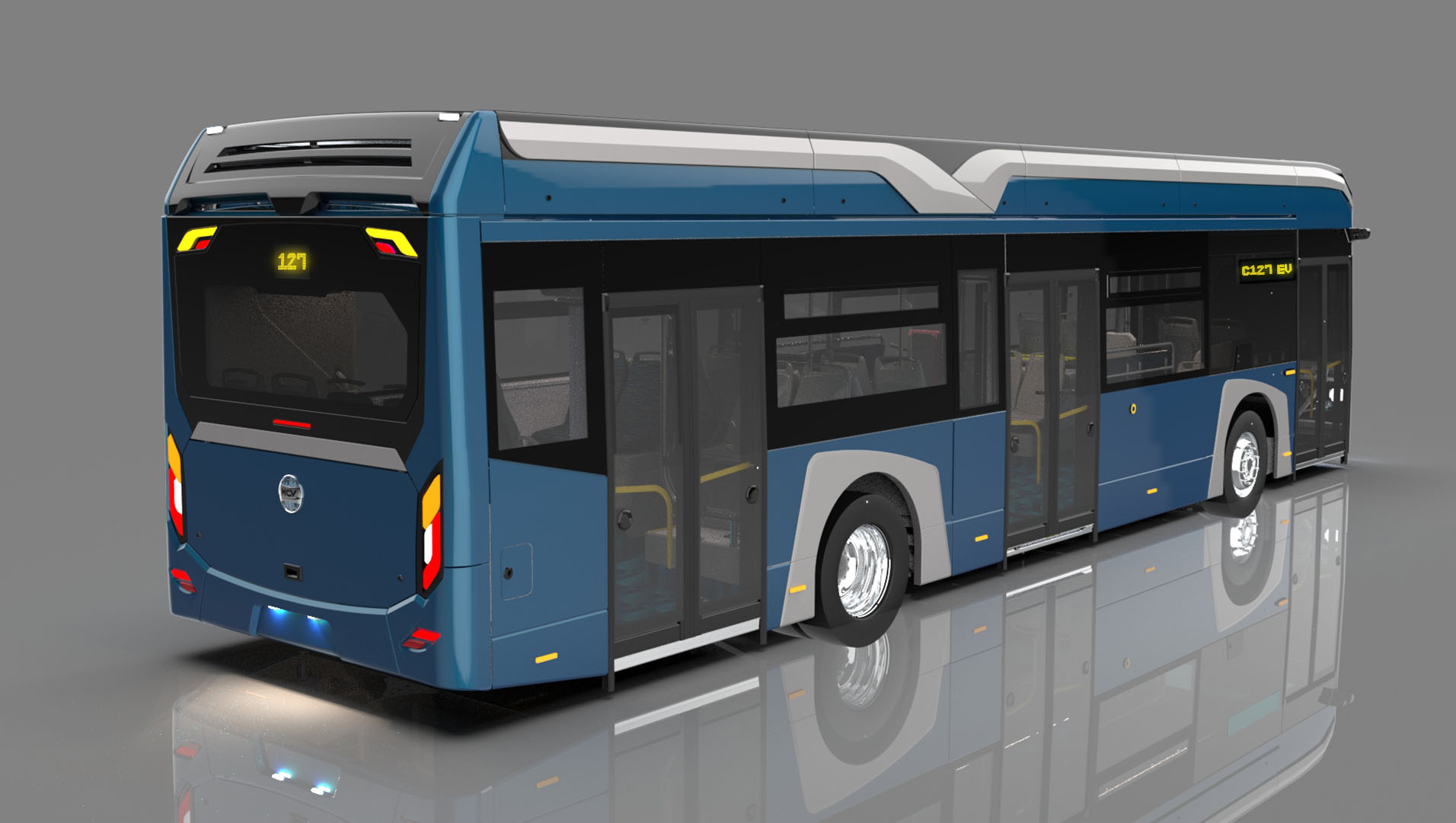
With a maximum axle load of 11.5 t and the maximum standing capacity per square metre, the two-door bus, for example, can carry a total of 85 passengers – 37 seated and 45 standing. In the three-door model, the increased standing-room capacity even allows 90 passengers.
Clever detail solutions should set the product apart from the competition, but MCV does not want to revolutionise the e-bus market – neither with lightweight construction nor with batteries in the floor. The German MCV subsidiary has announced an FCEV variant in addition to the BEV. For this reason, there will be an H2 filling station on the service grounds of the German subsidiary, the plans for which have been completed. The new site in Meschede will be designed to meet the needs of alternatively powered commercial vehicles and will be completed shortly.
MCV, active worldwide
MCV is active worldwide: with plants in Egypt, Singapore and South Africa, MCV is represented on the bus market as a global player, because the buses built on Mercedes-Benz chassis in the plants sell well. The company secret is quickly discovered: with a thoroughly Swabian philosophy, MCV was founded in 1994 as a general agency of Daimler and has adapted optimally to the market needs. Experience from the CKD assembly of buses was more than helpful. In 2006, production began under the company’s own brand name.
MCV manufactures about 10,000 buses and 1,500 trucks annually in Egypt. The portfolio includes city buses, intercity buses, coaches and trucks for a wide range of applications. MCV employs about 6,000 people worldwide and has an international presence in more than 50 different countries around the globe. According to its own figures, about 60 percent of its annual production is exported.



